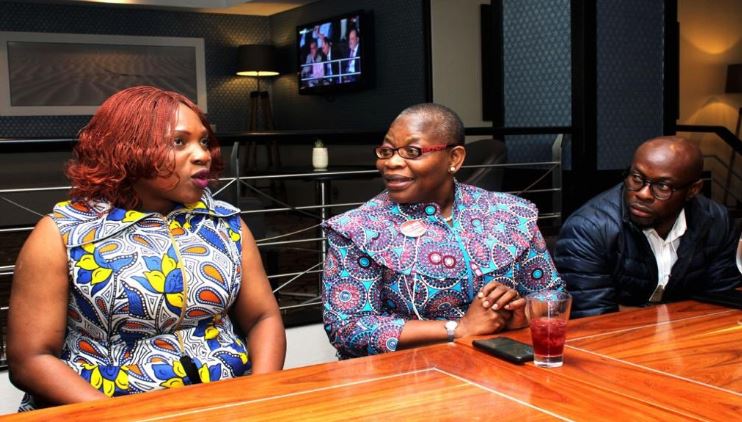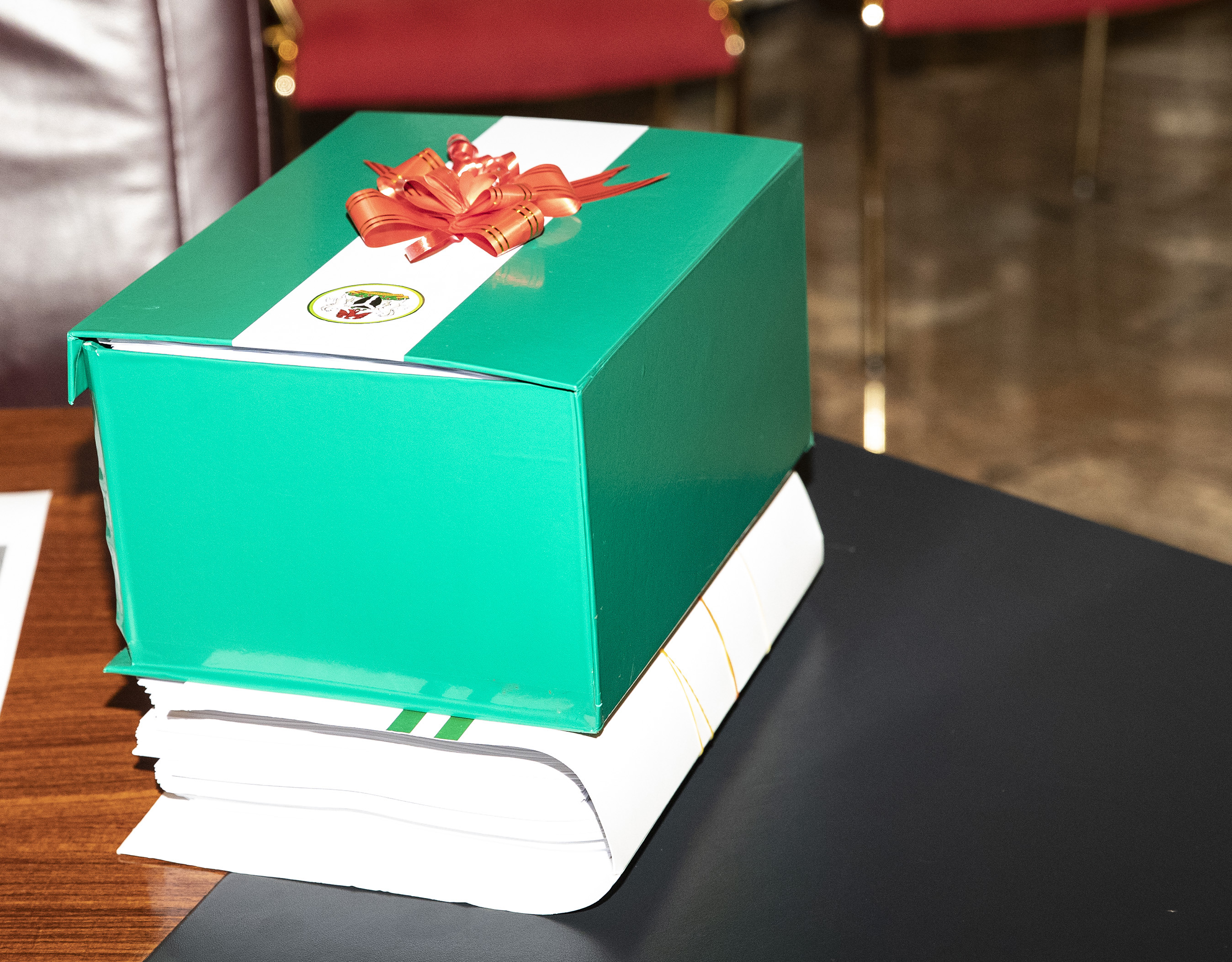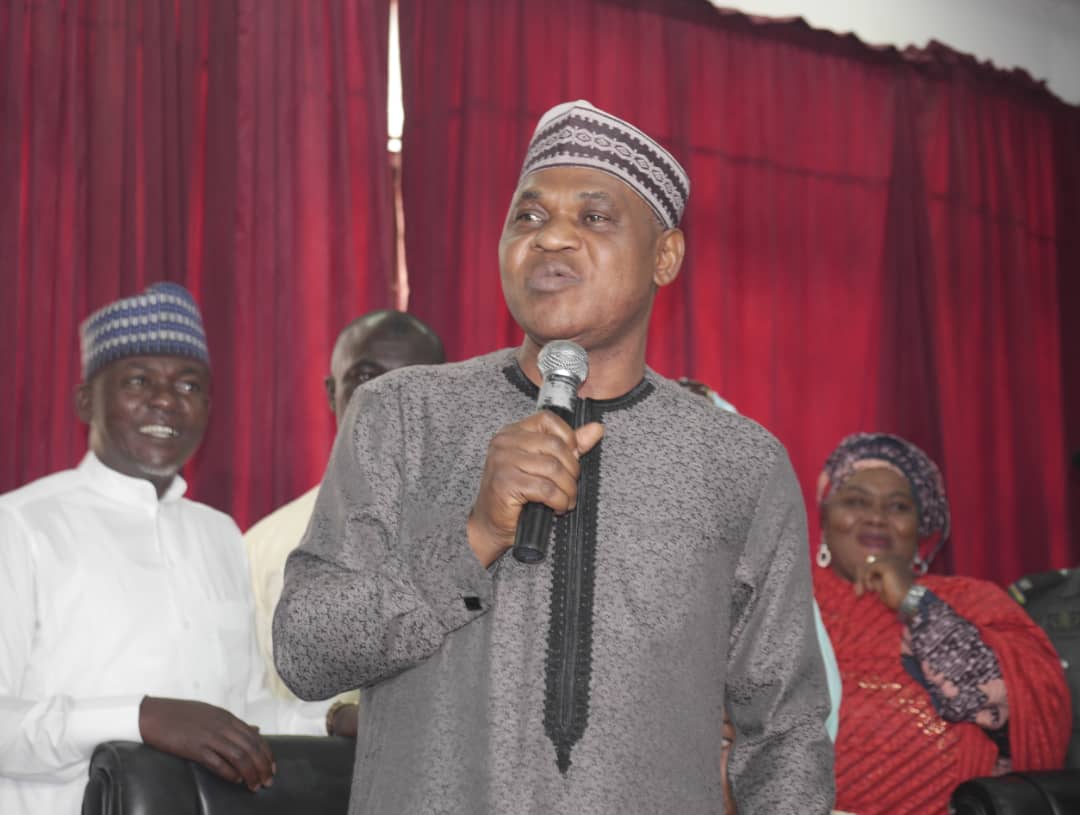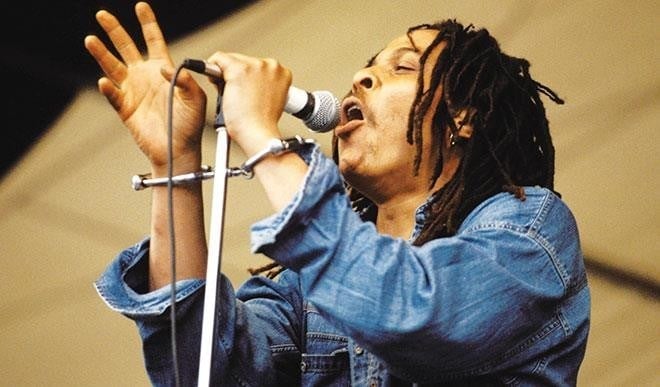Oby Ezekwesili, former minister of education, and leaders of the Nigerian community in Cape Town, South Africa, have asked Cyril Ramaphosa, president of the country, to apologise to Nigerians and other countries whose citizens were victims in the recent xenophobic attacks.
In a communique issued after a meeting held to proffer solutions to the recurring incident, the concerned Nigerians asked the government of South Africa to guard against provocative comments that could fuel further attacks.
They advised the South African government to trigger a series of actions necessary to de-escalate the brewing conflict in order to ensure that bilateral trade agreements between the countries would not be affected.
“It was unanimously agreed that the crisis is detrimental to the spirit of African renaissance, affirmation of black heritage, progress and development,” the communique read.
Advertisement
“Afrophobia compromises everything that the recently brokered intra-African trade – Africa Continental Free Trade Agreement — represents and aspires to deliver.
“Officials of the government of South Africa must immediately desist from making any further pejorative and incendiary comments targeting Nigerians and their country and instead publicly commit to taking preventive and surveillance measures that will foreclose a repeat of Afrophobic attacks of Nigerians and other African nationals.
“The President of South Africa, Cyril Remaphosa, should rise to the demands of leadership and reach out to the President of Nigeria to trigger the series of dialogue and actions necessary for swift de-escalation of the brewing conflict between their two countries.
Advertisement
“The President of South Africa should offer a sincere public apology to Nigeria, other countries affected by the attacks and the entire continent for the tragic hostility and harm perpetrated against their citizens.
“The President of South Africa should send a sharp signal to South Africans and the continent by visiting the victims of the Afrophobia attacks to empathize with and reassure them of their safety in South Africa and the government should consider paying compensations for losses sustained in the attacks.
“South Africa and Nigeria should agree on a mutual legal assistance cooperation scheme for tackling cases of crimes occurring among their citizens.”
The leaders also asked the Nigerian high commission and Nigerians in South Africa to design a fact-based campaign to widely convey accurate and positive narrative of the value they contribute to their host country.
Advertisement
“For example, South Africans must be made aware that more than 18 percent of lecturers in their higher institutions are Nigerians. A significant percentage of medical personnel in rural hospitals are Nigerians,” the communique said.
“Most Nigerians and Nigerian-owned businesses operate responsibly in legitimate and professional practices in South Africa compared to the less than one percent of cases of shadowy activities.”
Add a comment






